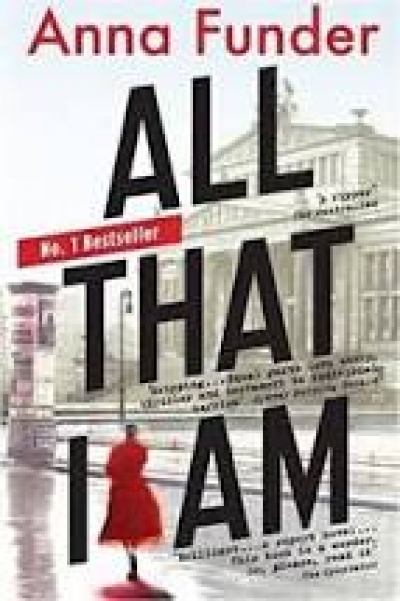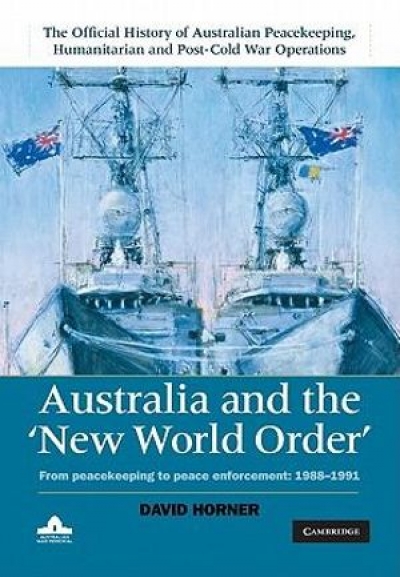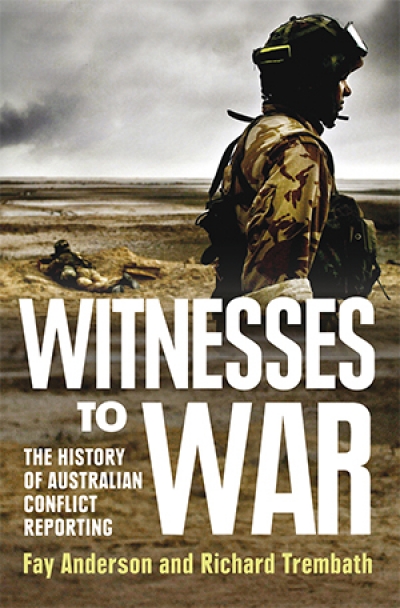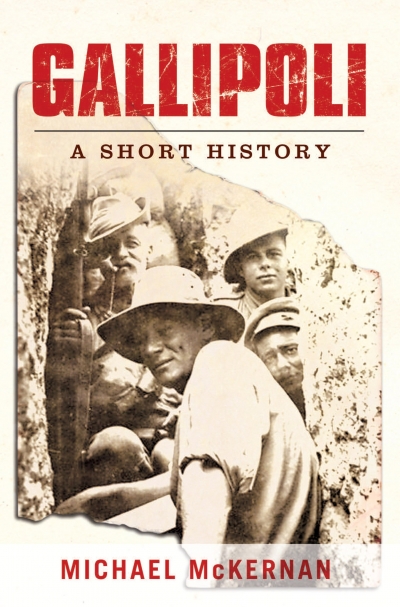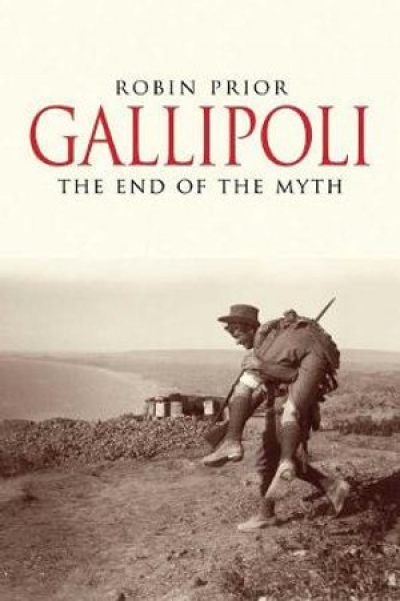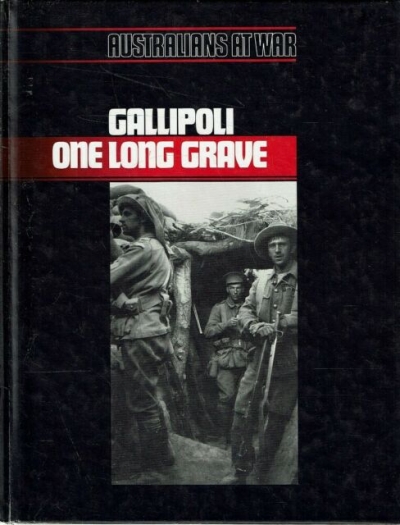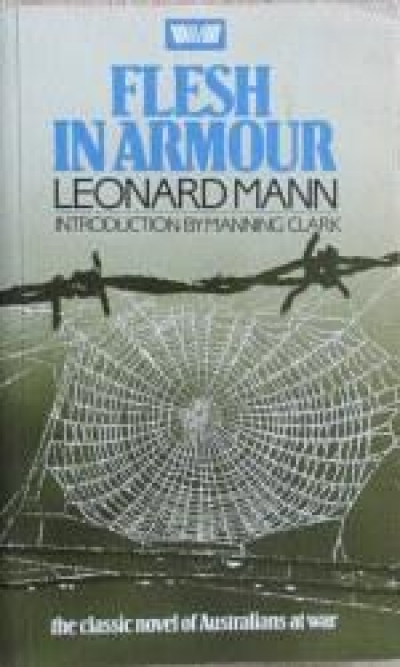World War I
The Penguin Book of Australian War Writing edited by Mark Dapin
by David Day •
Australian Historical Studies, Volume 41, Issue 2 edited by Richard Broome and Dianne Kirkby
by Lyndon Megarrity •
Australia and the ‘New World Order’: From Peacekeeping to Peace Enforcement: 1988–1991 by David Horner
by Peter Edwards •
Witnesses to War: The History of Australian Conflict Reporting by Fay Anderson and Richard Trembath
by Jill Jolliffe •
Gallipoli: A Short History by Michael McKernan & Pozières: The Anzac Story by Scott Bennett
by Robin Prior •
Crack Hardy: From Gallipoli to Flanders to the Somme, the True Story of Three Australian Brothers at War by Stephen Dando-Collins
by Stephen Mansfield •

